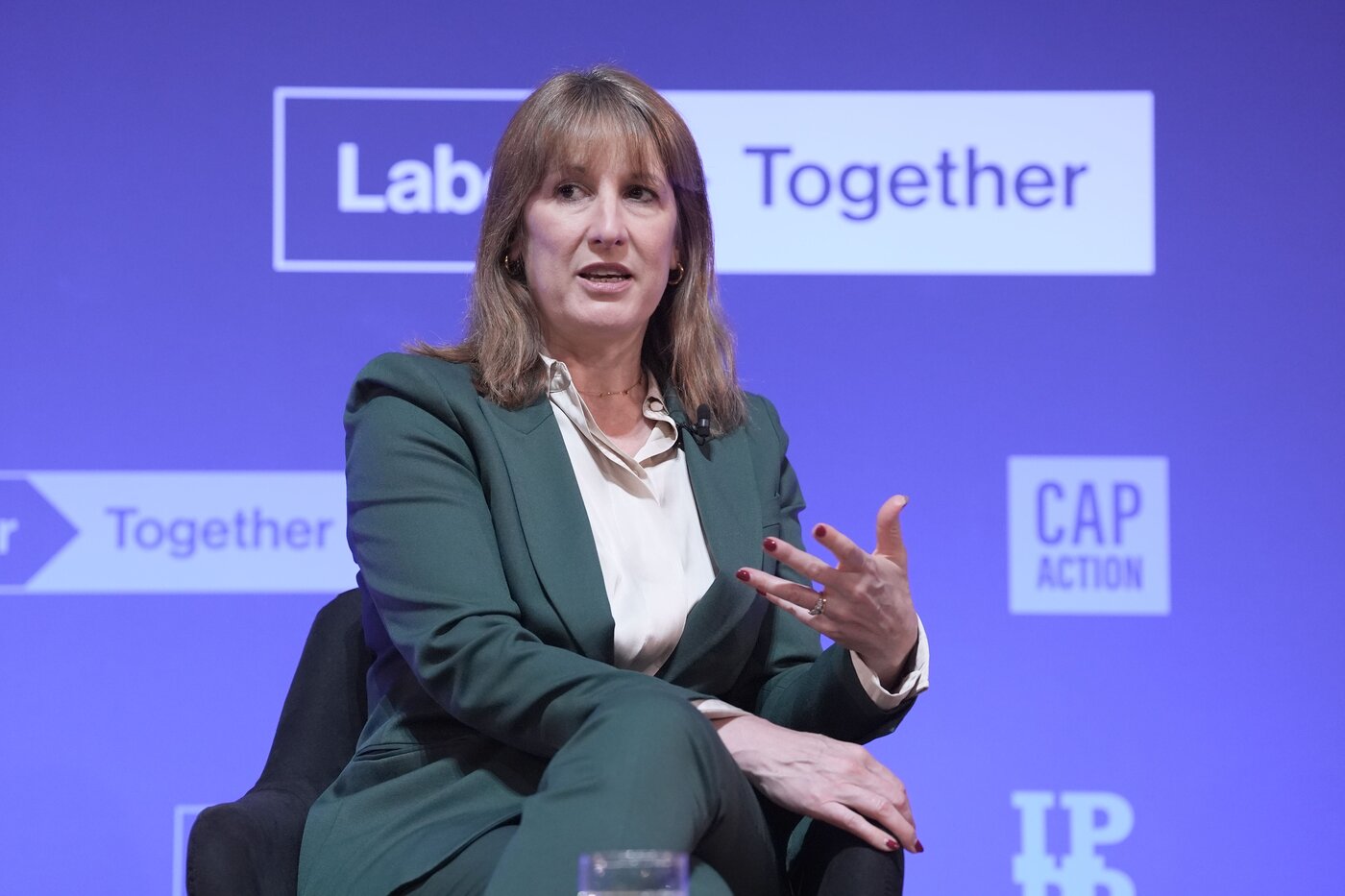Introduction
Pledges by leading political parties to freeze income tax thresholds are facing mounting scrutiny from economists and tax policy experts ahead of the United Kingdom’s July 2024 general election. With millions of workers affected by 'fiscal drag,' where rising earnings push more people into higher tax brackets, experts are warning that such policies amount to stealth tax rises without explicit rate increases.
Both the Conservative and Labour parties have made freezes on personal tax allowances a cornerstone of their fiscal strategies, aiming to fund public services and manage government debt. However, economists caution that these measures could mean higher tax bills for ordinary workers and families, placing additional financial pressure during a period marked by the cost of living crisis.
The debate surrounding tax thresholds is set to be a defining issue as voters weigh up political promises and their own economic realities.
Impact on Workers and Families
The government’s decision to freeze income tax thresholds since 2021 means that personal allowance and higher-rate thresholds have not risen in line with inflation. Personal allowance, the amount individuals can earn before paying income tax, has remained at £12,570 since April 2021.
The higher-rate threshold, signaling the point at which the 40% tax rate applies, is set at £50,270. With wages rising due to inflationary pressures, more workers are finding themselves pushed into higher-bracket taxes, even if their real spending power has not improved.
According to the Institute for Fiscal Studies (IFS), these freezes are projected to pull 4 million more people into paying income tax by 2028, and 3 million more into the higher-rate band. Economists warn this approach is particularly regressive for low and middle-income earners, as the tax burden increases without any adjustment in tax rates. Child Poverty Action Group, for example, has highlighted that the policy disproportionately affects families with young children, reducing disposable incomes in real terms.
The Fiscal Drag Effect Explained
The phenomenon known as 'fiscal drag' occurs when tax thresholds remain static while inflation and earnings rise. As a result, individuals pay more tax even if their purchasing power is not increasing, leading to a higher effective tax rate over time.
The Office for Budget Responsibility (OBR) has forecast that the freeze could raise nearly £40 billion in additional revenue between 2021 and 2028. By not uprating thresholds, the government relies on hidden revenue rather than overt tax hikes, a strategy some analysts label a 'stealth tax.' The ongoing freeze, initially announced by then Chancellor Rishi Sunak in the March 2021 Budget, was significantly extended to 2028 during subsequent fiscal statements.
This extended period intensifies the drag, which is seen as essential for restoring public finances post-pandemic, but comes at a cost to individual taxpayers.
Political Stances from Major Parties
Ahead of the 2024 general election, both Labour and the Conservatives have committed to maintaining the tax threshold freeze, arguing it is necessary to secure stable funding for essential services.
Chancellor Jeremy Hunt has stated that the freeze forms part of “responsible economic management,” prioritising debt targets and fiscal discipline. Labour’s Shadow Chancellor, Rachel Reeves, has also indicated the party would maintain existing income tax policies, including the freeze, if they form the next government. She argues such measures are required for “fiscal responsibility,” ensuring schools and the NHS can be properly funded. Critics from opposition parties, including the Liberal Democrats and Green Party, have called for uprating thresholds to protect lower earners from further tax increases.
Liberal Democrat Treasury spokesperson Sarah Olney said, “This freeze will leave millions worse off. The next government must rethink tax policy to ensure fairness for all.”
Economic Context and Historical Trends
The approach of freesing thresholds is not new to UK fiscal policy but has rarely been extended for such a prolonged period.
The decision follows historic government debt accumulation, which has reached over 97% of GDP according to the latest ONS figures. Both major parties have ruled out increases in direct rates of income tax, national insurance or VAT. Fiscal drag has regularly been used by UK governments as a tool to raise revenue without direct tax hikes. However, the economic environment post-pandemic with persistent inflation and stagnating wage growth has put greater pressure on household budgets.
Inflation averaged 9.1% in 2022 and remained above the Bank of England’s target through 2023, according to official reports. While wage growth has partly responded, the static thresholds mean that real disposable incomes for many families continue to stagnate or even fall.
Responses from Economists and Analysts
Leading tax think tanks and analysts warn of the long-term consequences of extended threshold freezes. Paul Johnson, director of the Institute for Fiscal Studies, noted: “Freesing income tax thresholds is a significant revenue-raising measure, but its impact is stealthy and can go unnoticed by many taxpayers.”
Torsten Bell, chief executive of the Resolution Foundation, has emphasised that, “The vast majority of working-age tax rises set to take effect come from these threshold freezes, not overt increases to tax rates.” The OBR has cautioned that an end to the freeze would require finding alternative sources of revenue or accepting higher government borrowing. These trade-offs highlight the political and economic dilemmas facing whichever party wins the next election.
Final Summary
The freeze on UK income tax thresholds has emerged as a critical election issue, with millions facing higher effective tax rates due to fiscal drag. Both the Conservative and Labour parties have signalled their intention to extend these freezes, prioritising public spending needs and fiscal caution.
Economists warn of escalating pressure on middle and lower-income households and emphasise the need for transparency in how such measures affect ordinary taxpayers. As voters prepare to cast their ballots, the debate continues over whether threshold freezes are a fair and sustainable way to manage national finances. With public spending and debt reduction high on the policy agenda, the next government faces difficult choices.
Whether to persist with stealth tax hikes or seek alternative revenue streams may define economic policy for years to come. For those seeking a clearer understanding of tax and fiscal policy, tools like Pie can help demystify personal tax liabilities and changes.











